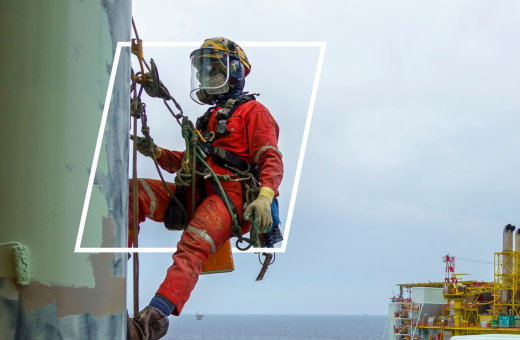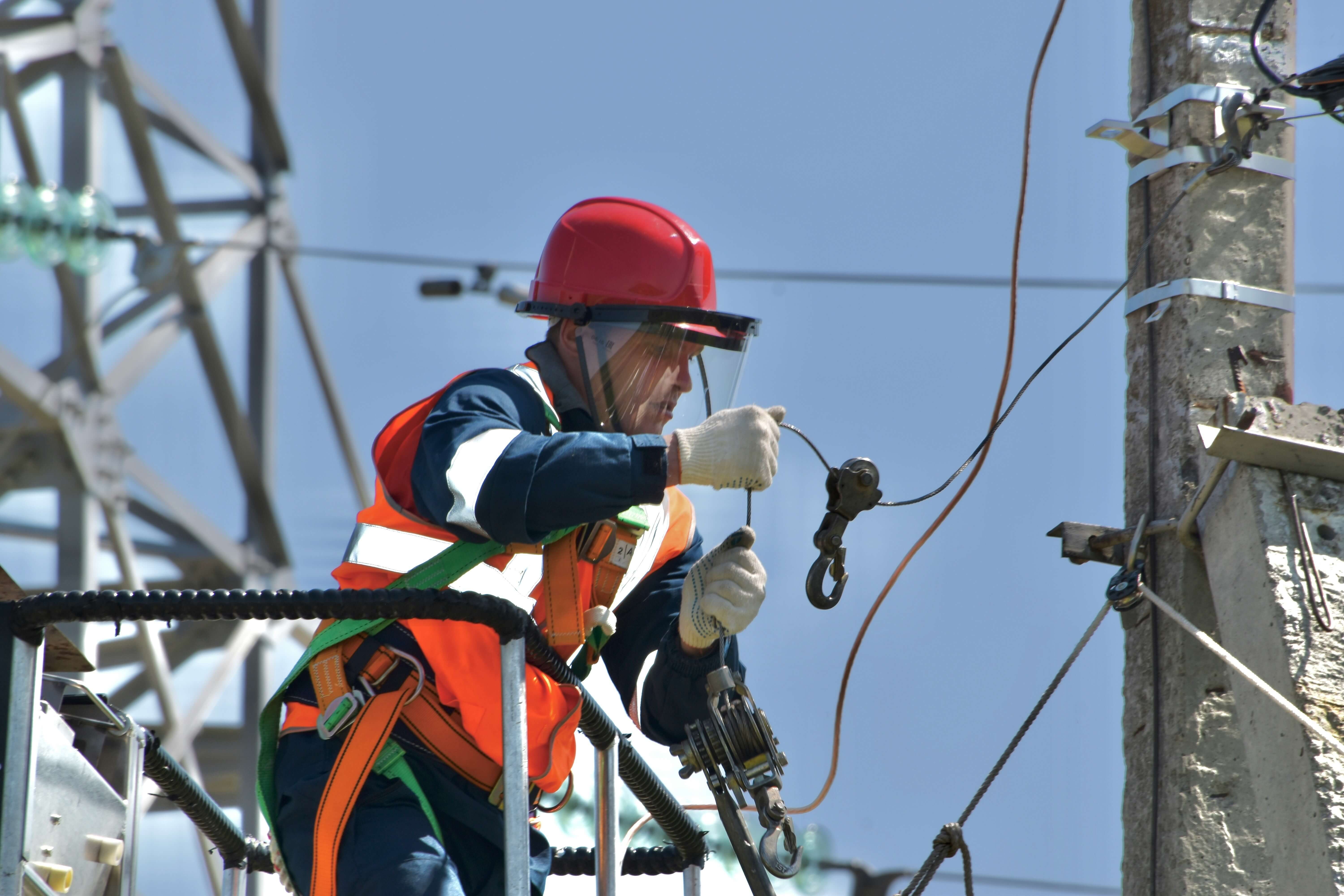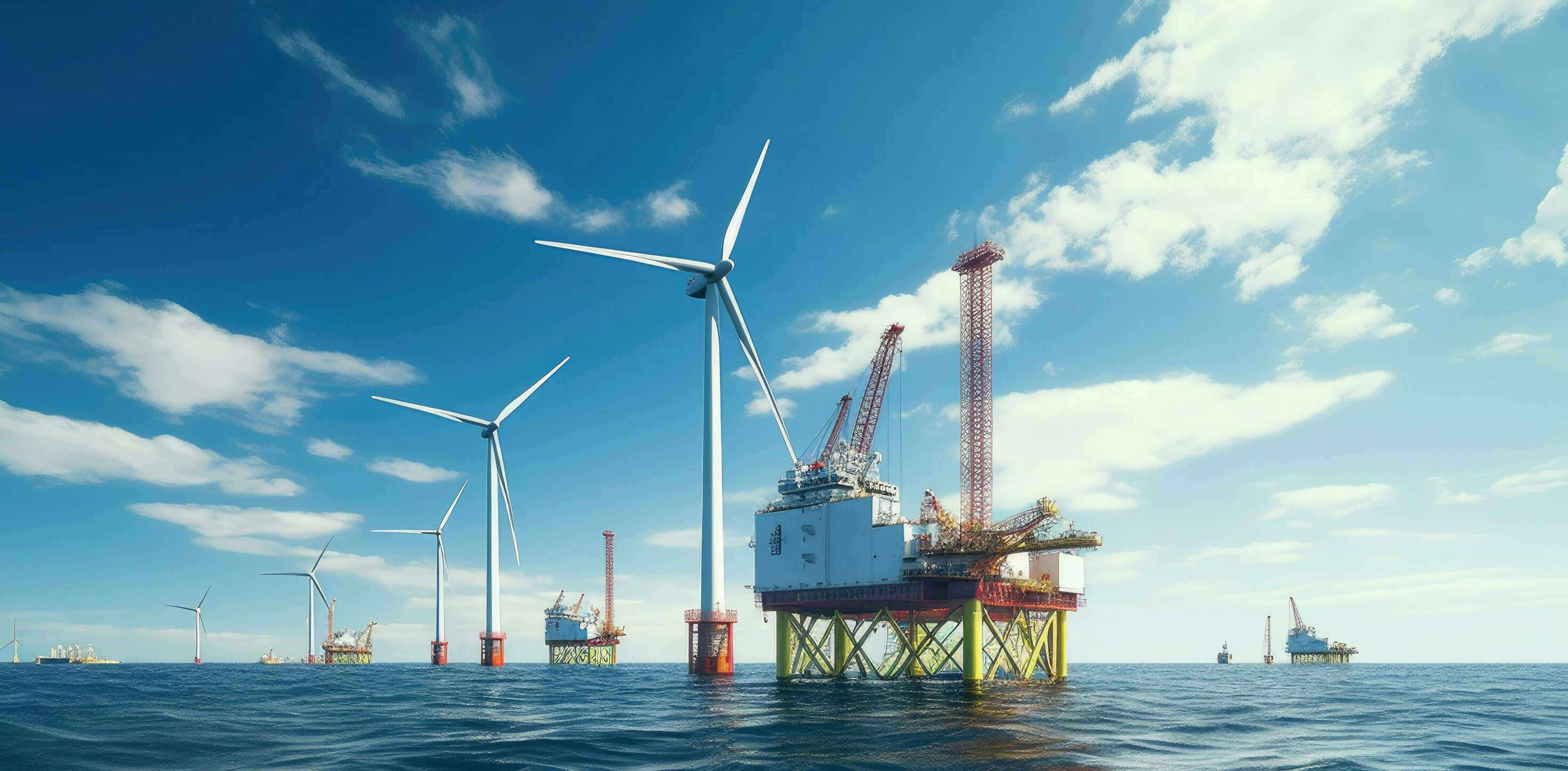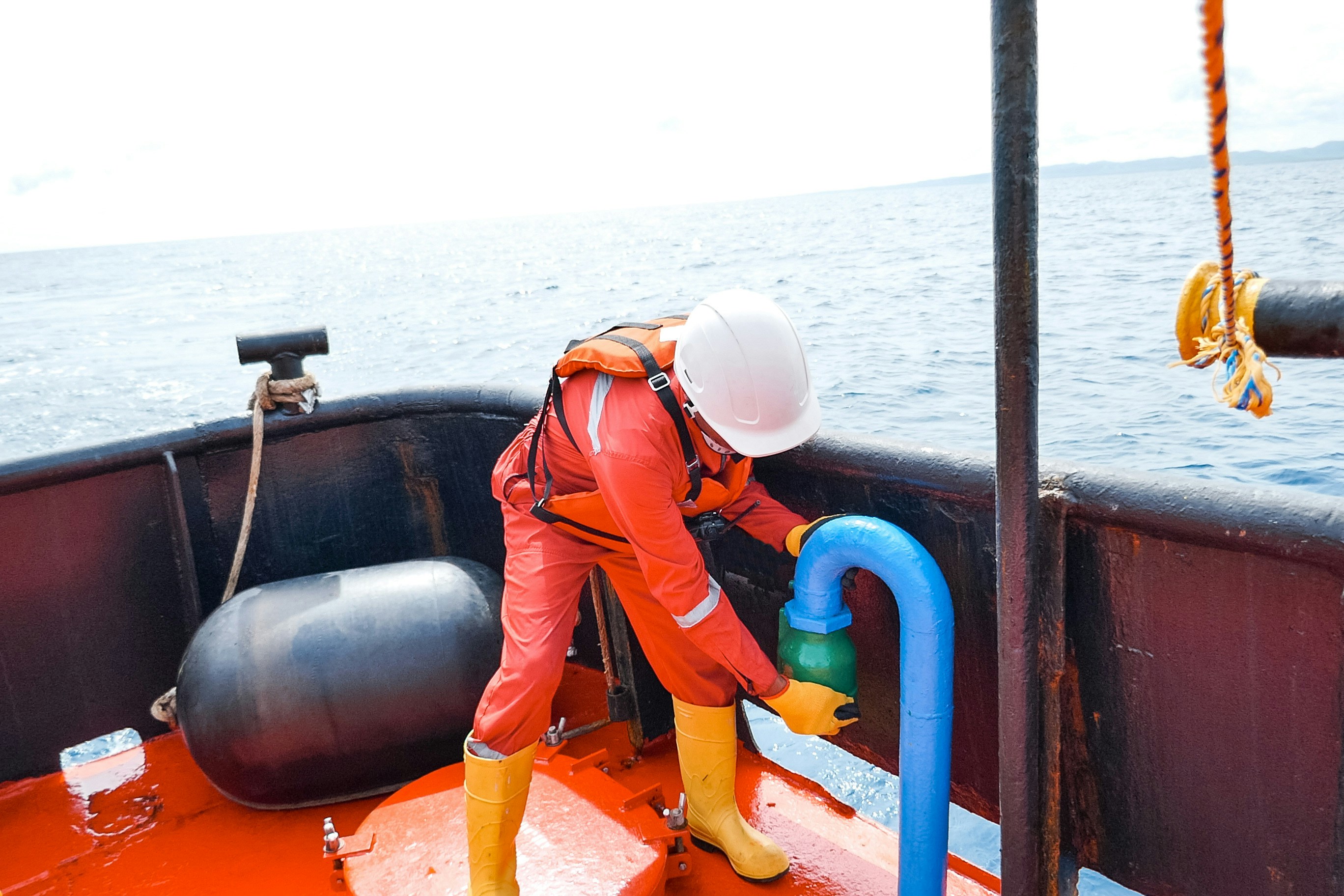The Current Requirements and Restrictions of Offshore Work
15 Mar, 202310 minutes
Although the opportunities are indeed plentiful, you can’t always expect to waltz into an offshore position with no prior preparation. There are specific qualifications that certain jobs require of you, dictating which field you’ll be suitable for and where you’ll be best positioned as you climb up the career ladder.
Why?
Well, even entry-level positions often demand at least a few base skills – requiring you to be a problem-solver, detail tracker, and communicator all rolled into one. Truthfully, though, as long as you’re ready to put in the work required to elevate your status and tick every box, there’s barely anything between you and an incredible career.
Are offshore jobs easy to land?
In most cases, yes - as long as you have the right attitude and a suitable CV, there won't be a shortage of offshore job opportunities available to you.
This is because the offshore industry has always struggled to attract the volume of talent it needs. With more renewable energy projects getting approved by governments almost every day, this problem is only going to continue growing.
They need a solution.
Today, the offshore industry is eager to seriously consider anyone who is seeking a career overseas to reach out and apply for their open positions. It might take a few tries to find the right fit but, with determination and the right preparation, many doors will open for you.
5 restrictions of offshore work
Whether you are looking for your first or fifth placement within the offshore industry, there are always certain expectations that you’ll have to meet. While these might change depending on the location you are travelling to, the job in question, and your employer - these are all the things you’ll need to consider before travelling to a project.
1. Relevant skills and qualifications
The skills and qualifications you received in a similar position aren’t always transferable in the offshore industry, where legislation dictates certain certificates you’ll have to hold. So, depending on where you are going, there might be specific laws that’ll require you to commit to additional training before you can accept a position. Should you have the right qualifications already, be sure to check they are up-to-date.
2. Physical fitness
One of the most important considerations in offshore recruitment is a candidate’s physical fitness. Although certain adjustments can be made to accommodate disabilities and chronic illness, such circumstances leave you at a higher risk of injury while working. Therefore, you’ll have to participate in annual check-ups and tests to prove to your employers that you can do the job required.
3. Working visas
While there are some exceptions (such as short or local placements), long-term offshore jobs will always be very strict about the paperwork required. In most cases, it’ll be your responsibility to apply and get approval for a working visa before you set off - though you can expect to get some support from your employer. Getting the correct legal documents together is imperative if you want to be accepted onboard.
4. Tax obligations
Depending on where you are from and where you’ll be working, you might find yourself having to pay tax in multiple locations. Some of this will be reclaimable, but it can reduce your spending capacity on a month-by-month basis. Luckily, as long as you are sensible and budget these payments, they shouldn’t set you back too much. You’ll have most of your needs – like food, water, and accommodation – met while working, reducing your general costs.
5. Experience
As with many other industries, experience is often prioritised over passion. This can be a restriction in your ability to land jobs, depending on which field you are pursuing. The majority of employers are looking for at least 2-5 years worth of experience, which can be a big barrier to overcome for newer employees. To combat this, participate in more training and be prepared to demonstrate your value.
How to overcome the restrictions in offshore work
In the vast majority of cases, you can “get ahead of the game” simply by being proactive and planning all the little details of your placement in advance.
Rather than leaving everything until the last minute, you should cooperate with your employer to review the different working requirements in each location - organising yourself accordingly.
Basic forethought, like tracking when a qualification is reaching the end of its life, will keep you out of trouble. All you’ll have to do is book yourself onto another course, avoiding a problem entirely.
By making the correct preparations, you’ll be able to enjoy offshore work for many years to come. It doesn’t have to be difficult… especially with the help of Select Offshore.
We’re a specialist recruitment company that takes personal responsibility in communicating with our candidates and notifying them of restrictions they might face when accepting a role.
Find your next offshore job with Select Offshore
Select Offshore is a team of specialist recruiters that deliver reliable, communicative, and enthusiastic maritime professionals. Is that you?
If you’re looking for exciting and competitive placements across any of our sectors, speak to us.
We can connect you with a company that cares for its human resources and recognises the importance of adhering to your rights.
Our team strongly believes in celebrating each of the individuals we work with, dedicating time to find them desirable offshore placements.
Contact us today to find out more.


